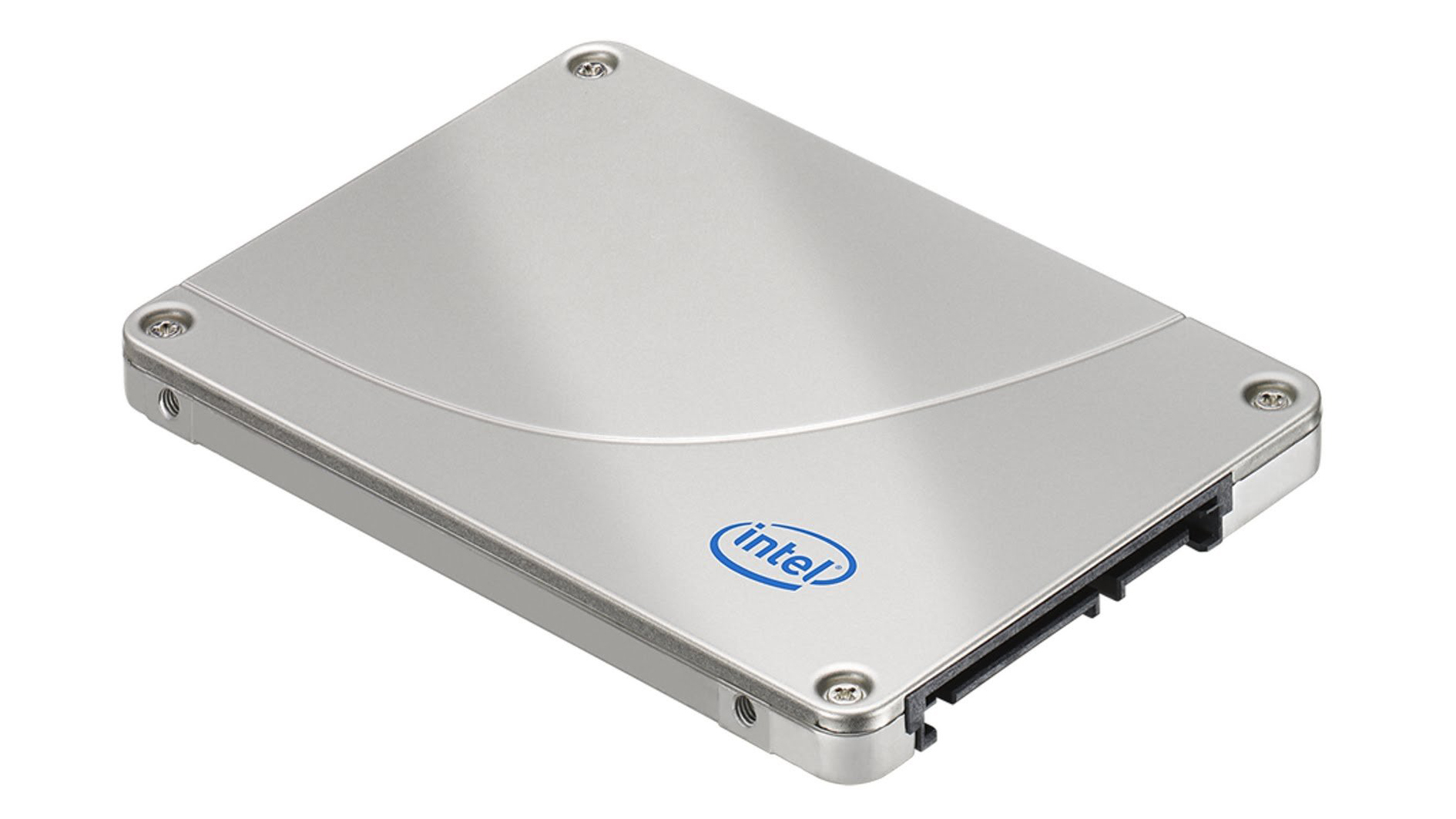Is this the ultimate in PC storage?
Intel adds TRIM support for SSDs in RAID

It's been a long time coming. But you can finally have your SSD cake and eat it. By that I mean you can now have a pair of solid state drives in a speedy RAID-0 array and still have TRIM support for reliable long-term performance.
There's still a catch, which we'll come to in a moment. But let's review the implications of this for a moment. The TRIM command, as all good TechRadar readers will know, is critical for good SSD performance in the long term.
Before TRIM appeared, you never quite knew how an SSD was going to perform over time. Early SSDs were great out of the box, but gradually ground to a near halt.
Currently, my kitchen PC is a stuttering mess thanks to its non-TRIM SSD. I'm going to have to stick in a new drive and chuck the old one in the bin. Or at best turn it into a USB drive. It's useless as a primary hard drive for a PC.
The problem relates to the way data is stored and deleted from SSDs. In really simple terms, when you delete data without the TRIM command, the memory cells are merely marked as available. The data isn't actually deleted.
Garbage out
Thus, when you later come to write data to those cells, you have to empty the garbage first. And it doesn't take long before all available cells are filled with garbage and you're never writing directly to empty cells.
Performance, consequently, falls off a cliff. TRIM solves that problem by ensuring data is deleted as you go along. The reality is a bit more complicated than that. Data isn't always immediately deleted. But the overall effect is similar.
Are you a pro? Subscribe to our newsletter
Sign up to the TechRadar Pro newsletter to get all the top news, opinion, features and guidance your business needs to succeed!
Things get even more complicated, of course, when you chuck a RAID array into the equation. Here you have two drives appearing as one to the operating system. Again, the issues are complex, but the basics involve interdependencies of data across the two drives.
Put another way, deleting dead data on one drive threatens live data on another. Anyhow, the long and short of it is that Intel has finally cooked up some RAID drivers for its RST (Rapid Storage Technology) motherboard SATA adapters that can cope with all that.
The catch
As for the catch that I previously mentioned, it's that this new RAID driver is only available for the very latest 7 Series motherboard chipsets, such as the Z77 and H77. That's very disappointing because as far as I'm aware, it would be trivial for Intel to flick the switch for 6 Series boards, too.
So, the limitation to 7 Series boards is a marketing decision and a two-fingered salute to customers who bought 6 Series technology from Intel. Not a huge surprise as Intel's track record when it comes to leaving existing customers twisting in the wind is fairly well established.
Still, the arrival of TRIM for RAID-0 is still a good thing and it means it now makes sense to buy a pair of cheap SSDs and RAID 'em up for truly insane levels of performance. It's a timely development, too, given that SSD prices have plummeted in the past three or four months.
A couple of Samsung 830s for £70-odd a pop would make for one hell of a storage solution.
Technology and cars. Increasingly the twain shall meet. Which is handy, because Jeremy (Twitter) is addicted to both. Long-time tech journalist, former editor of iCar magazine and incumbent car guru for T3 magazine, Jeremy reckons in-car technology is about to go thermonuclear. No, not exploding cars. That would be silly. And dangerous. But rather an explosive period of unprecedented innovation. Enjoy the ride.